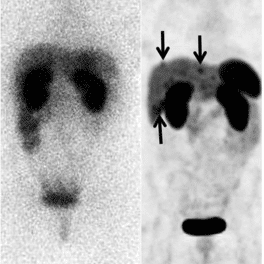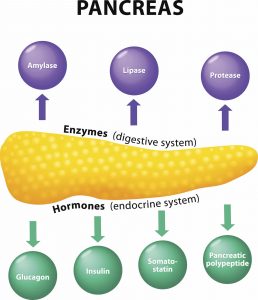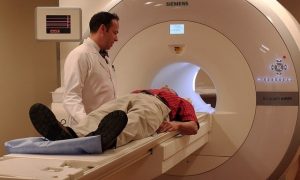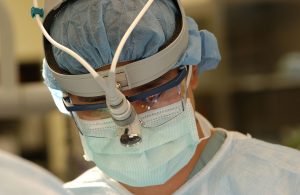
Ga-68 Dotatate PET/CT Scan for Neuroendocrine Tumors
If you’ve ever been tested for eyeglasses, you know how one lens can create grainy, foggy images and the next crisp, clear letters. That’s the kind of difference you can see between the Gallium-68 PET/CT scan and prior technology. But are these newer imaging techniques better? And who stands to benefit most from them?









